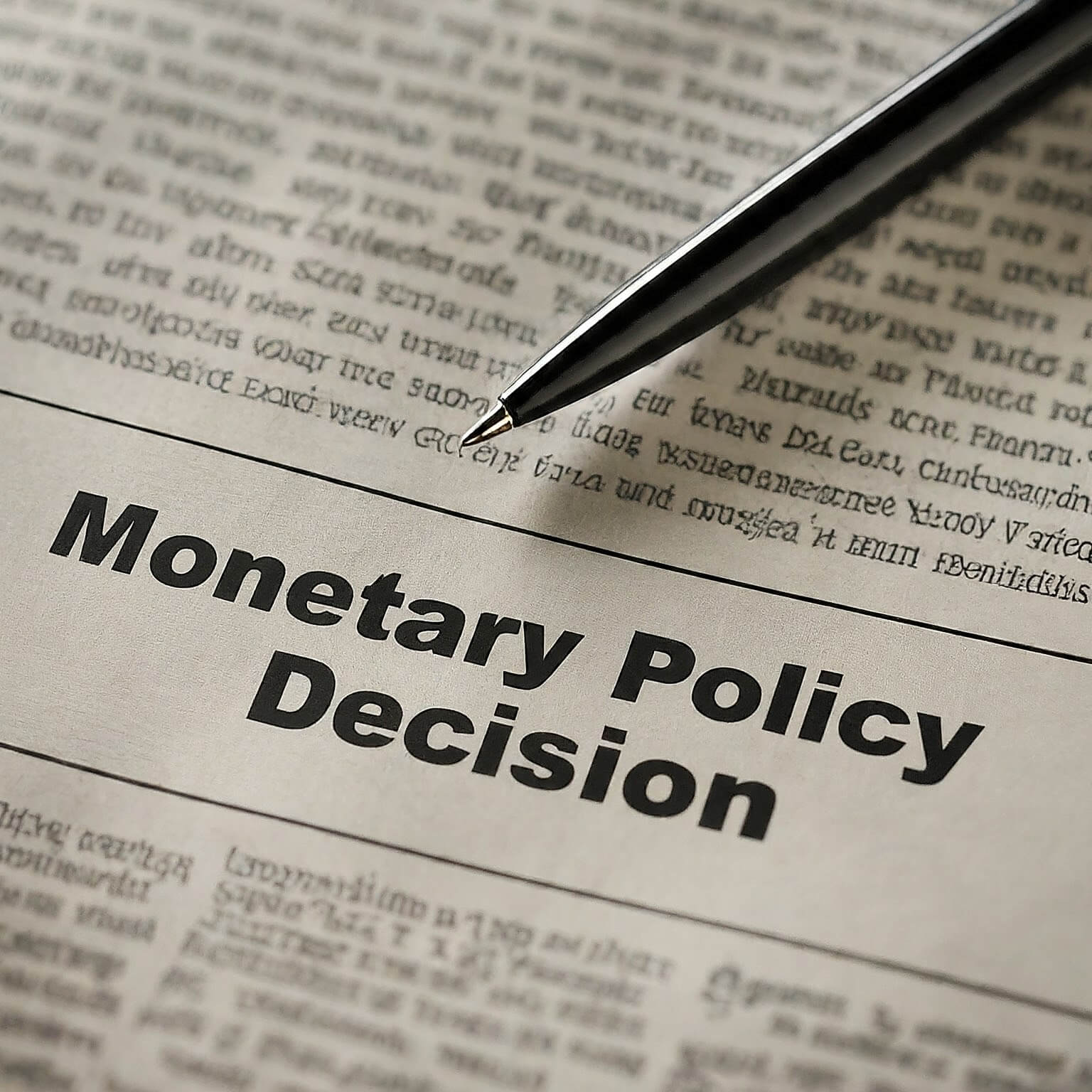
Victoria has recently introduced a contentious 7.5% levy on short-stay accommodations provided by platforms such as Airbnb. The move is part of a broader strategy aimed at addressing housing concerns in the region, but it has garnered mixed reactions from different sectors.
First responses to the announcement
The Victorian government’s decision to impose the new tax comes at a time when short-stay accommodations have been gaining prominence in the region, particularly through platforms like Airbnb. As per reports, this tax could significantly impact the pricing structure for these services.
However, the decision has not been received warmly by everyone. Airbnb, along with other short-term accommodation providers, expressed their discontent with the new 7.5% tax. Accommodation owners voiced their concerns, terming the tax as a sudden and unexpected financial burden that could potentially disrupt their business operations. Some Victorians described their feelings on the matter as being “fed up”, while others sought clarity on the tax’s details, citing confusion about its implications and execution.
The ripple effect
Amidst this backdrop, there are ongoing discussions regarding the effectiveness of such a tax in addressing the rental crisis. While some see it as a necessary step to regulate the rapidly growing short-stay accommodation sector, others argue that this may not be the most effective strategy. Suggestions for alternative relief strategies, such as imposing a tourist levy or offering greater flexibility for short stays, have also been put forth.
Moreover, the ripple effect of Victoria’s decision can be felt beyond its borders. New South Wales is currently contemplating a similar move, considering the imposition of a tax on short-stay accommodations, possibly taking a leaf out of Victoria’s book.
Summary
As discussions continue and stakeholders weigh in, it remains to be seen how this new tax will shape the future of short-stay accommodations in Victoria and potentially, in other regions of Australia.






